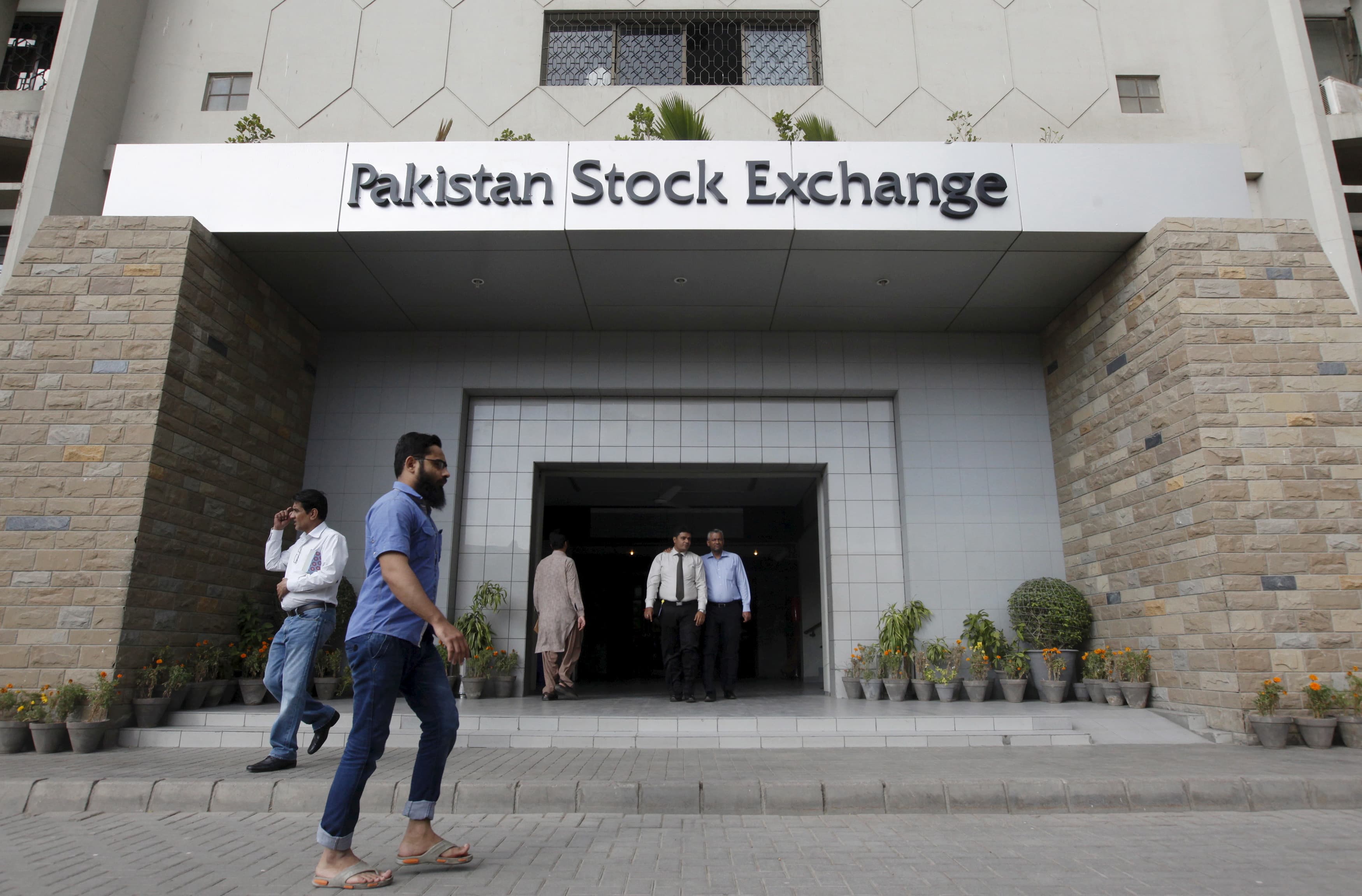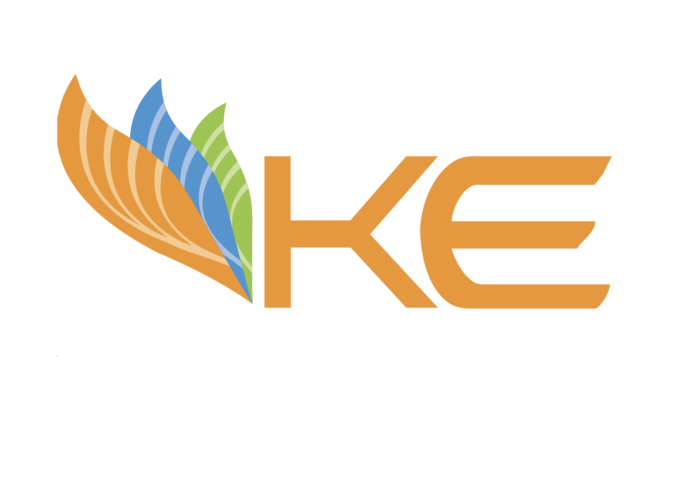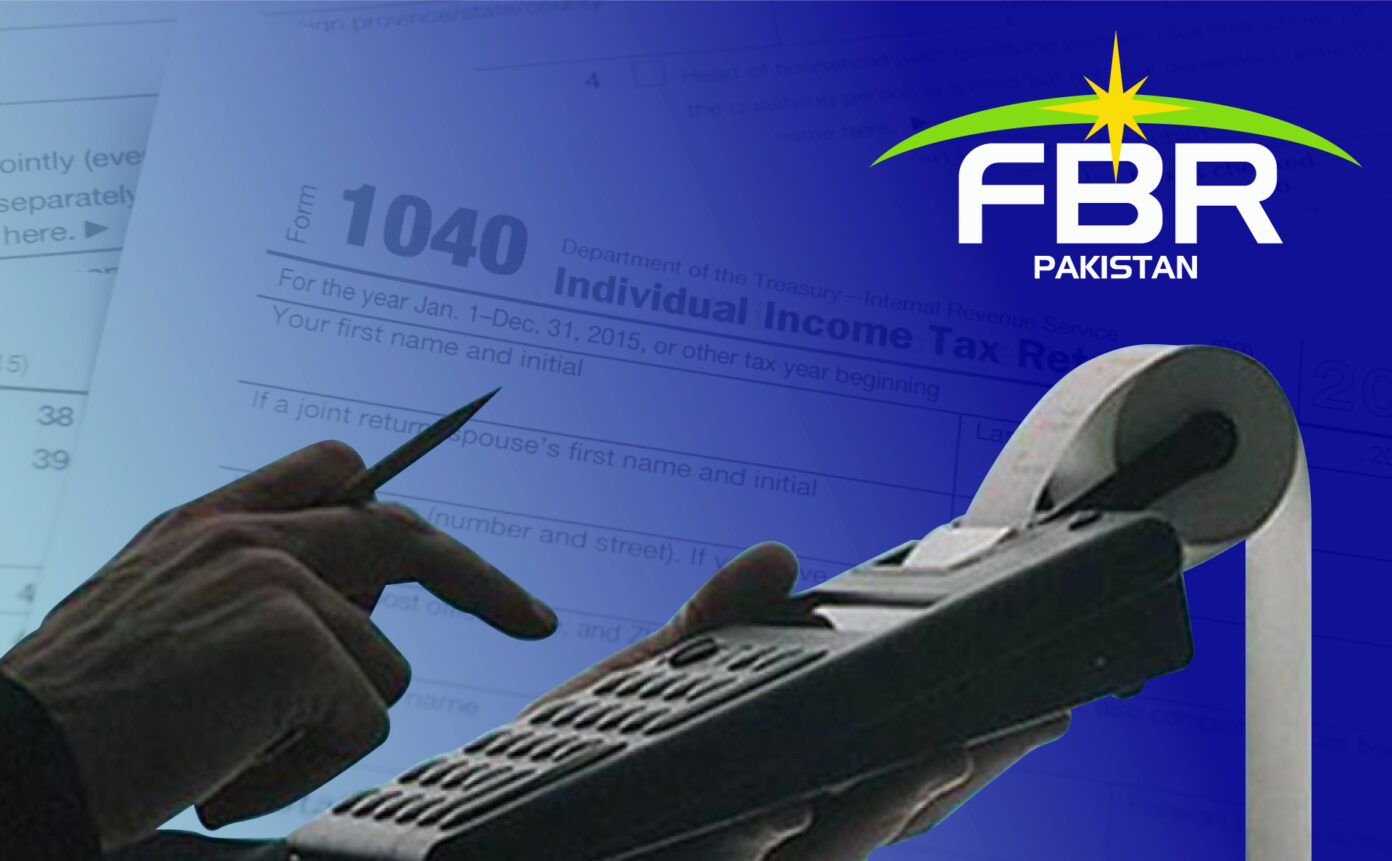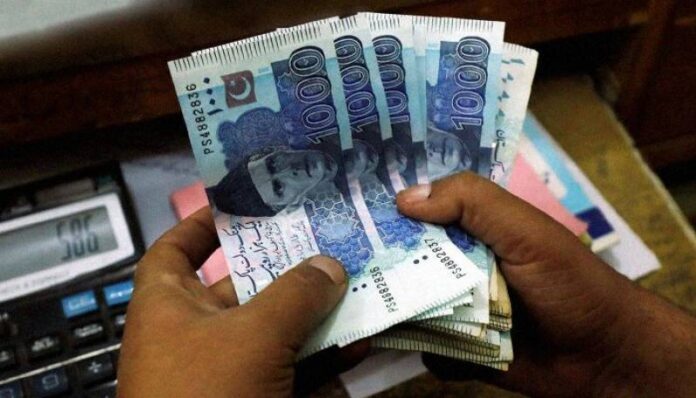
Pakistan has reversed its decision to impose a new tax on banks’ income from government debt just days before a crucial deadline, following strong opposition from lenders.
The proposed tax aimed to stimulate the economy by encouraging banks to increase private-sector lending. Banks would have been required to raise their advances-to-deposit ratio (ADR)—the percentage of lending compared to total deposits—to over 50% by December 31 or face an additional 10-15% tax on investment income.
The ADR was intended to reduce banks’ reliance on income from government bonds, but lenders resisted the regulations, filing legal challenges and introducing fees to curb deposits.
The government announced its decision on Sunday, opting instead to raise the overall income tax on banks from 39% to 44%. This rate will drop to 43% in 2026 and 42% in 2027, according to senior officials.
This tax adjustment is projected to generate Rs60 billion ($216 million) in 2024, based on brokerage Topline Securities’ profitability estimates for banks.
Zafar Masud, chair of the Pakistan Banks’ Association, called the move a way to eliminate distortions caused by the ADR tax plan. While acknowledging that increased taxation isn’t ideal, he expressed satisfaction with the industry’s contribution to the national exchequer during challenging times.
An economic slump, record-high inflation, and interest rates that peaked at 22% have left Pakistan with one of the lowest private-sector credit levels as a percentage of GDP, per the World Bank. Banks, meanwhile, have profited significantly from government debt returns, reducing their incentive to lend.
The ADR tax had aimed to redirect some of these profits to support private-sector lending. Lenders had begun to adapt, with private-sector credit increasing by Rs1.4 trillion in October, a 15% rise, and ADR climbing to 49.7% by December 6 from 38.4% in August.
However, analysts noted much of this credit was funneled to state-owned enterprises or through unprofitable financing schemes that marginally benefited lenders.
Some banks had introduced monthly fees of 5% on large depositors to improve ADR ratios but withdrew them after the State Bank of Pakistan (SBP) intervened, following complaints. The SBP promised to support tax reforms in talks with the finance ministry.
Banks also sought legal relief to delay ADR tax implementation. In November, the Islamabad High Court granted temporary relief to a dozen banks while addressing multiple petitions.
The SBP has since reduced its policy rate from 22% in June to 13% this month, with further cuts expected as inflation approaches the central bank’s target range of 5-7%.








.jpg)

This website has been developed with good faith to create facilities for the people.Your ID Password and access to our website is for a specific period or temporary, it may be suspended at any time without telling any reason.Your ID Password or access does not create any your rights or liability onto owner of the website.
Office # 3-6, Ground Floor Idrees Chamber ,Talpur Road Karachi
info@taxhelplines.com.pk
+ 92 314-4062161
021-32462161
+ 92 305-2561915